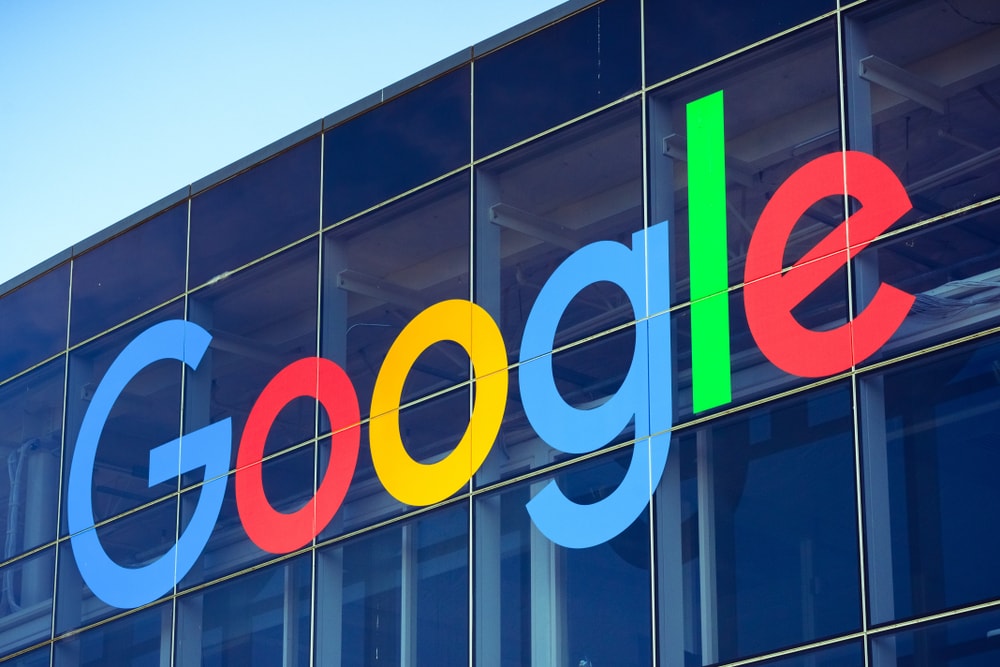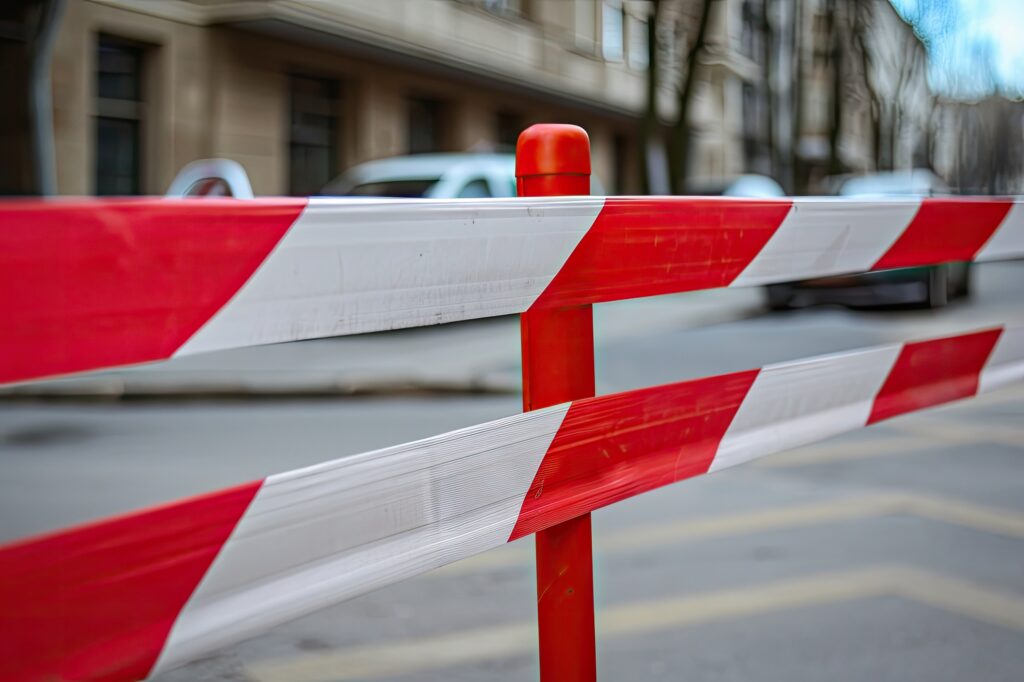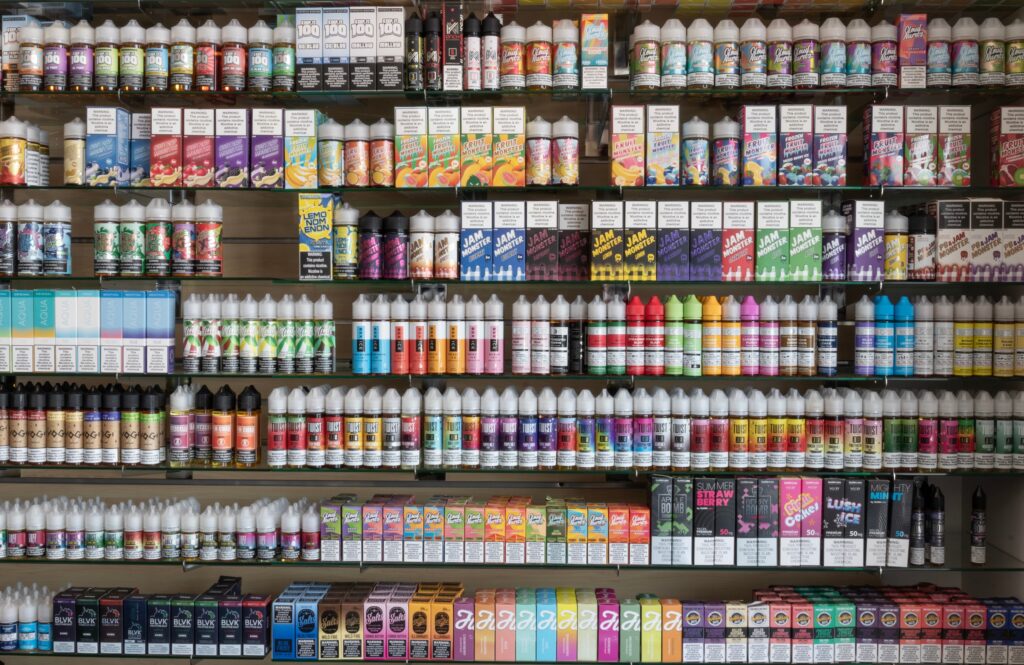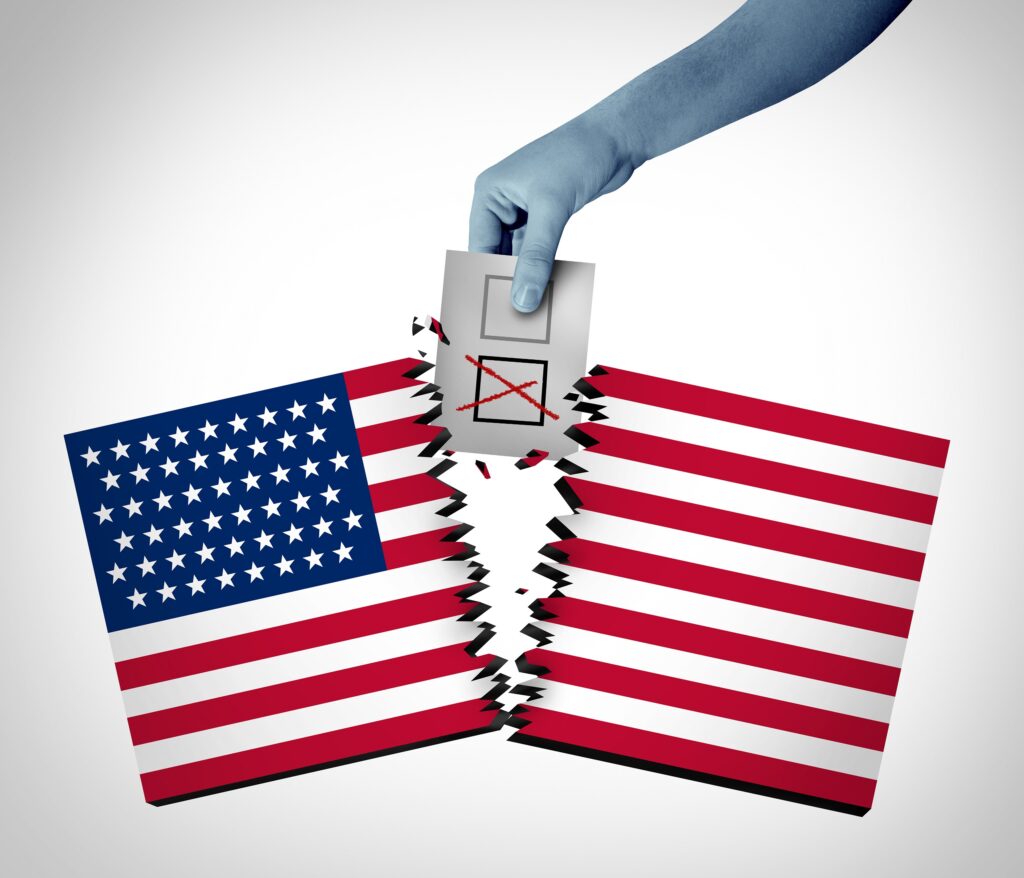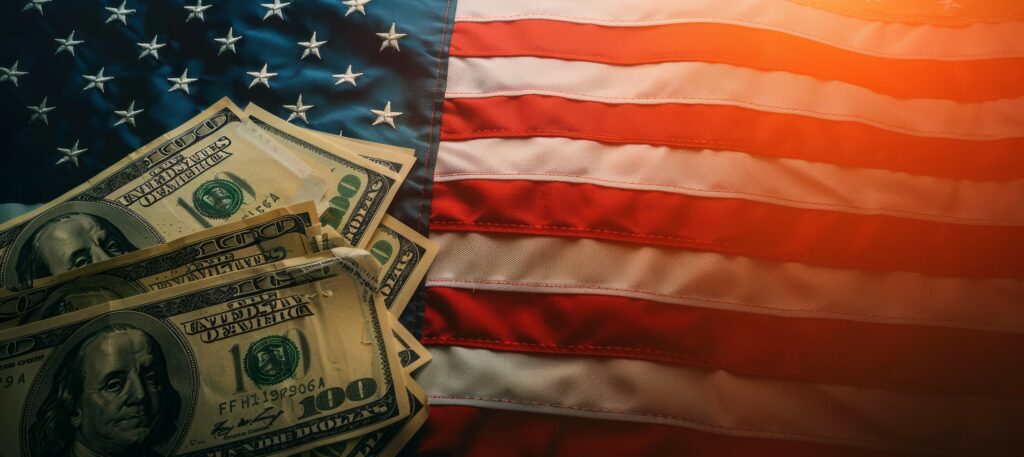Public policy groups urge U.S. SC to limit ‘needless’ patent infringement-inducement cases
The R Street Institute, a Washington, D.C.-based non-profit public policy research organization that supports free markets and limited government, said in an amicus brief filed last week that the nation’s high court should interpret patent law to limit “needless” infringement-inducement cases against technology companies, products and services.
R Street filed the 23-page brief in support of Cisco Systems Inc. Feb. 24. Joining in the brief are: Public Knowledge, American Library Association, Association of Research Libraries, Association of College and Research Libraries, and the Center for Democracy and Technology.
…“We know that patent and copyright protection are rooted in the same clause of the our Constitution, and we’ve seen their legal doctrines shape each other in the past,” said Mike Godwin, director of innovation policy and general counsel for R Street.
“That’s why it’s vital for the court to apply the same liability standards for ‘inducing infringement’ in patent law that have been applied in copyright.”
…Cisco supporters argue otherwise. R Street and the other public policy groups noted in their brief that copyright inducement requires a showing of “culpable conduct” demonstrating an intent to induce acts known to be infringing.
“Mere knowledge or notice of possible infringement does not suffice to prove inducement,” they wrote to the Supreme Court. “Such a clear statement of the intent requirement for proving copyright inducement should apply correspondingly to the patent context — indeed the Court has drawn such an analogy in the past.
“Yet petitioner Commil takes a far-reaching position beyond the original question presented, contending for the first time that inducement liability should attach upon mere notice of possible infringement.”
The groups argue that that view has been expressly disfavored in copyright, and the court should disfavor it in patent as well.
“People should not be held automatically responsible for infringing someone else’s patent if there’s no evidence of culpable, guilty expression and conduct,” Godwin said.
